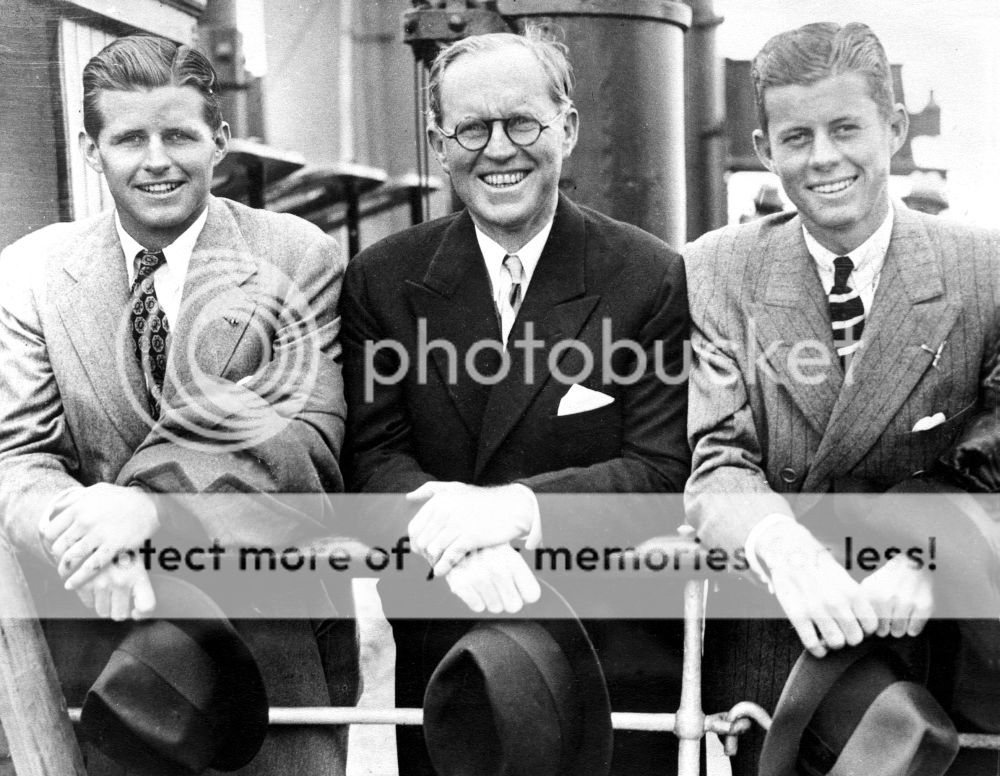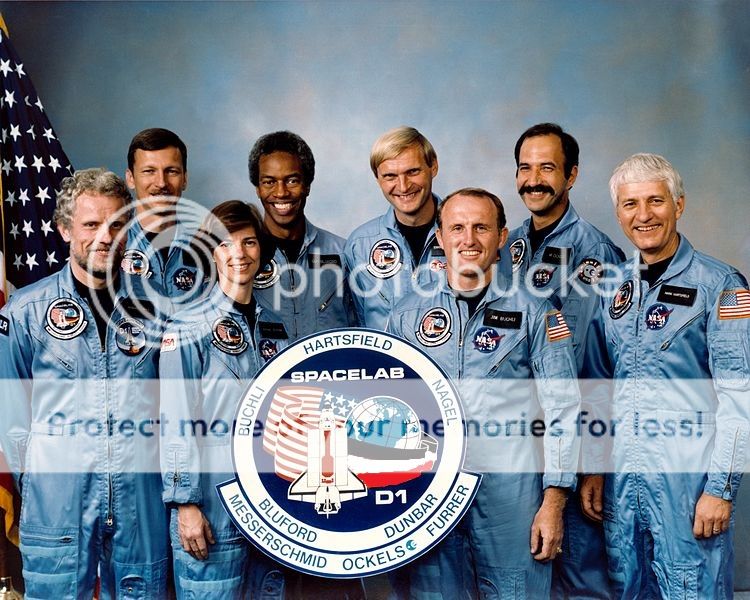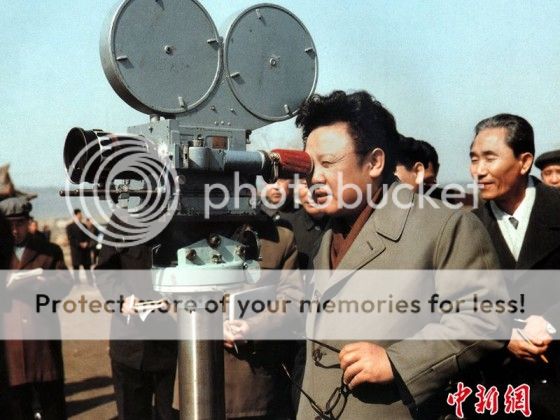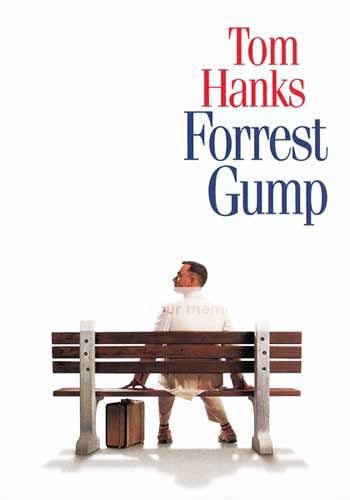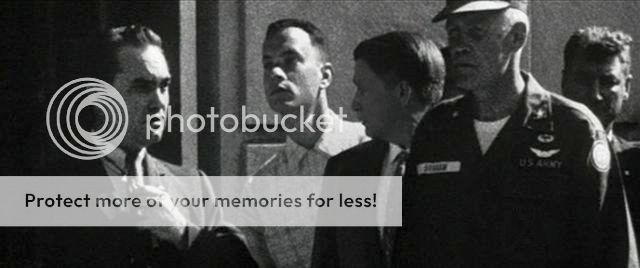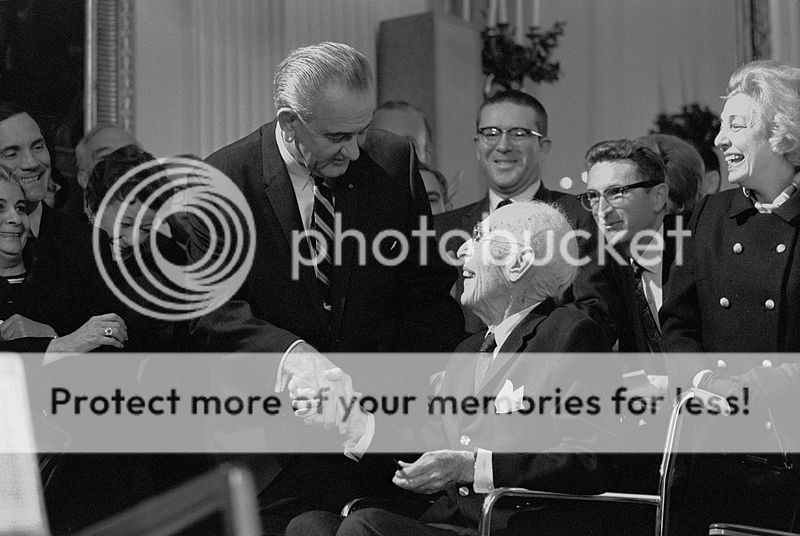Korean-Hawaiian film director Kim Jong-Il, on the set of his critically-acclaimed film "Nation in Exile" in 1984. Born in Honolulu in 1941, Kim was the son of anti-Japanese Korean nationalists who, following Japan's consolidation of power and spread into Manchuria following the First Great War, were forced to flee from East Asia in 1920. They would settle in the Sandwich Islands, a newly-won colony of the United States. Kim's father, Kim Song-ju, would volunteer to join the U.S. Navy following the beginning of the Pacific War in 1932, becoming a naval officer fighting for the United States against Japan. He would eventually be killed in action against the Japanese early in the Second Great War, as his ship was sunk during the Battle of Midway, when Kim Jong-Il was only an infant.
Kim's films are known for both their directing skill and their controversy. His movies largely revolve around the question of Korean ethnic identity and the experiences of living under Japanese imperial oppression. As part of the Japanese Empire, Koreans endured both military persecution and efforts to extinguish Korean national identity and replace it entirely with Japanese culture. Kim's exploration of this history offers insight into a unique Asian culture, but also presents inflammatory and polarizing political themes colored heavily by his own Socialist and anti-imperialist beliefs. The latter has made the governments of otherwise supportive nations, namely the United States and Germany, wary about public viewership of his films, as they themselves have foreign nationalities kept under imperial control. Nonetheless, Kim Jong Il's films won numerous cinematic awards at film festivals the world over.


